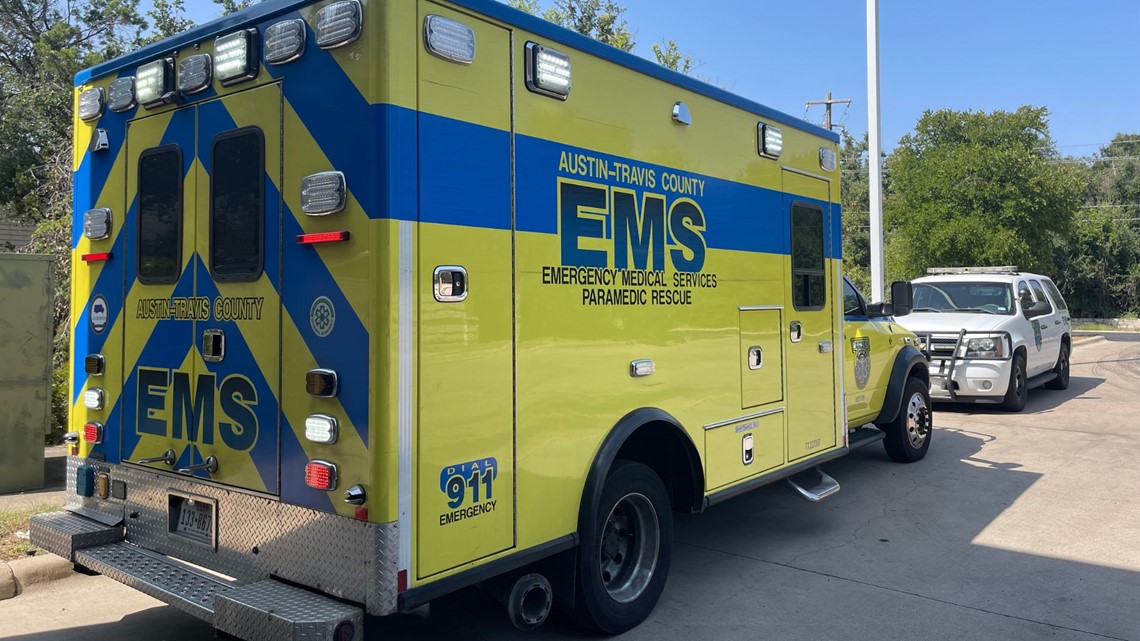
The city of Austin is taking steps to better handle 911 calls related to mental health issues.
AUSTIN, Texas — The city of Austin is taking steps to better handle 911 calls related to mental health issues, with a new partnership set to launch in October.
For calls that involve a severe mental health crisis, Austin first responders and mental health clinicians see gaps in how they respond. Generally, what happens is a law enforcement agency will respond first and secure the scene. Then, the mental health clinicians and EMS come in.
“That delays and doesn’t allow us to maximize the utilization of mental health professionals in those circumstances,” Dr. Mark Escott, the chief medical officer for the city of Austin, said.
Dr. Escott said the city will launch a pilot program called “Austin First” where a police officer, paramedic and mental health clinician from Integral Health will ride together in one car to answer calls that are more intense and involve serious psychological concerns.
“This program that we’re creating has not been done before in the United States,” Dr. Escott said.
Dr. Escott went on to say this team will not respond if there is a gun or a knife, and the program will be focused on one sector of Austin, covering a large part of downtown and East Austin.
“Our goal is that in the vast majority of circumstances, the mental health clinician, the paramedic, will be up front. They’ll be the ones making initial contact when it’s safe to do so,” Dr. Escott said.
Dawn Handley, chief operations officer of Integral Care, the local mental health authority, said this program fills a long-standing need.
“Many of the advocate communities have really been behind and championing not sending law enforcement first to a mental health response,” Handley said.
The pilot program is expected to fully launch over the last two weeks of October.
“This is the culmination of all the voices in the room and bringing a service to Austin that our community deserves,” Handley said.
Now, that specialized service is coming directly to the community.
After six months, the program will be evaluated and the results will be presented to Austin City Council. From there, city leaders will decide whether to continue, adjust or expand the initiative.
